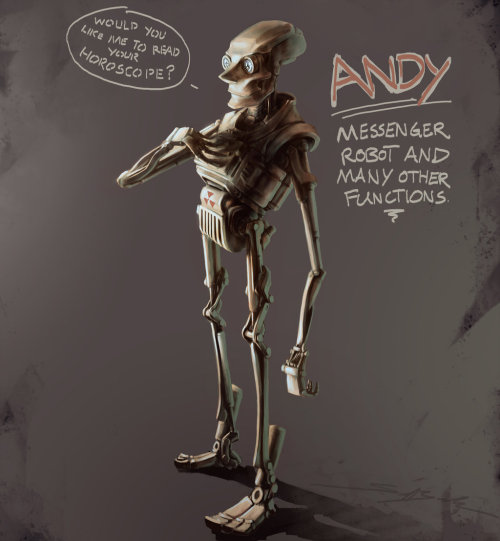Okay. This is a follow-up from the "Entering the circle" thread.
Robert Gray got me thinking and that's never good. Ha-ha.
The nature of the deadlights, a.k.a. It, a.k.a. the Cosmic Spider From Outer Space, a.k.a. Pennywise the dancing clown and other Pick-Your-Own-Nightmare guises turns my head upside down. We have some interpretations so far:
- a metaphor for age.
- a metaphor for memory loss.
- a lovecraftian entity.
- the non-being incarnate.
What do you think?
I would also add a few other possibilities.
- It is in fact Stephen King's nightmarish version of the Fisher King (no pun intended). It is linked to Derry in the same way that the Fisher King is linked to the Wasteland - and in fact Derry is a wasteland, ain't it?
- If IT (the novel) is in fact some kind of ficticious history textbook on New England, It (the entity) would be Stephen King's version of the American dream (a nightmare, really - don't tell me that surprises you!).
- The deadlights is a metaphor for the horror-story-writer's imagination (it is, as Robert Gray puts it, "the source" of evil - but seen from a psychological point of view, not from a mystical one). In the fictional world depicted in the book, which he has partly created, Stephen King (as the Author) brings terrifying demises to his characters. Ergo IT (the book) is in fact a book not about a monstrous creature, but about imagination and its becoming material in the form of a book. It would be the fictional counterpart of On Writing.
- It is in fact a metaphor for aliases. Ha-ha. (I'll let myself out.)
Robert Gray got me thinking and that's never good. Ha-ha.
The nature of the deadlights, a.k.a. It, a.k.a. the Cosmic Spider From Outer Space, a.k.a. Pennywise the dancing clown and other Pick-Your-Own-Nightmare guises turns my head upside down. We have some interpretations so far:
- a metaphor for age.
- a metaphor for memory loss.
- a lovecraftian entity.
- the non-being incarnate.
What do you think?
I would also add a few other possibilities.
- It is in fact Stephen King's nightmarish version of the Fisher King (no pun intended). It is linked to Derry in the same way that the Fisher King is linked to the Wasteland - and in fact Derry is a wasteland, ain't it?
- If IT (the novel) is in fact some kind of ficticious history textbook on New England, It (the entity) would be Stephen King's version of the American dream (a nightmare, really - don't tell me that surprises you!).
- The deadlights is a metaphor for the horror-story-writer's imagination (it is, as Robert Gray puts it, "the source" of evil - but seen from a psychological point of view, not from a mystical one). In the fictional world depicted in the book, which he has partly created, Stephen King (as the Author) brings terrifying demises to his characters. Ergo IT (the book) is in fact a book not about a monstrous creature, but about imagination and its becoming material in the form of a book. It would be the fictional counterpart of On Writing.
- It is in fact a metaphor for aliases. Ha-ha. (I'll let myself out.)




